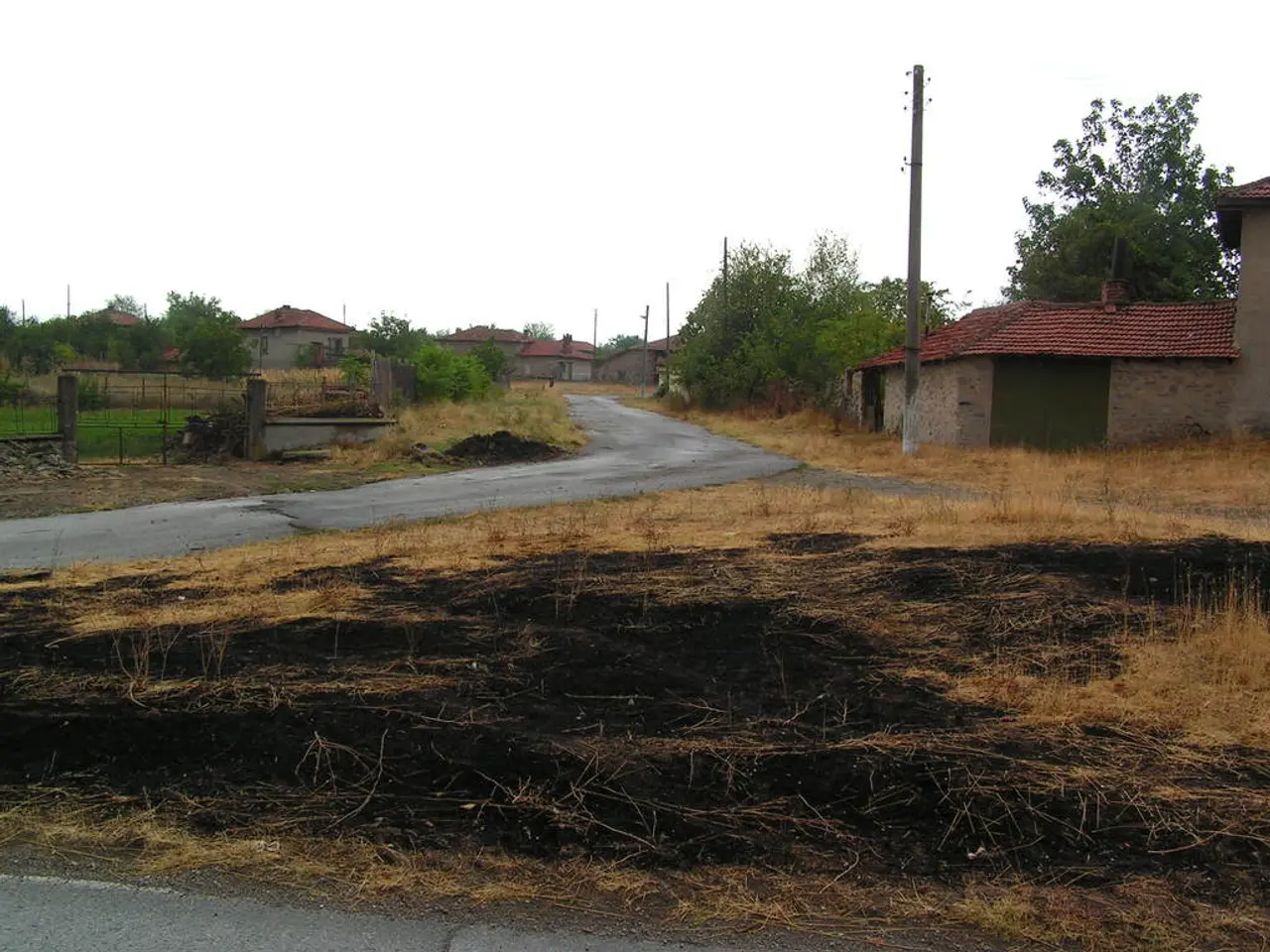Forging Ahead: Collaborating Towards an Eco-friendly Tomorrow
=================================================================================
Community events that focus on sustainability can not only build connections among neighbours but also foster a sense of camaraderie and commitment to the planet. These events, ranging from local markets to music festivals and art exhibits, showcase traditional crafts made from eco-friendly materials, highlight recycled materials, and provide a platform for discussions about changes to embrace sustainability.
One speaker, reflecting on their experiences, shared a fond memory of a high school science teacher who made ecological lessons engaging and hands-on, igniting a passion for environmental stewardship. This speaker often engages in conversations about sustainability, advocating for actions such as cutting down on waste or opting for locally produced goods.
The importance of empowering every stakeholder—businesses, local neighborhoods, schools, and artisans—in sustainability is emphasized. Local business owners, for instance, can contribute to sustainability through sustainable business practices, creating jobs and reducing unemployment within the community. Farmer's markets, for example, often embrace eco-friendly practices, setting up recycling stations, and showcasing seasonal produce.
Local artisans, schools, and neighbourhoods are prime examples of stakeholders taking action for sustainability. They craft eco-friendly products, initiate recycling programs, and organise clean-up days. Education is identified as a powerful tool for shifting mindsets and fostering sustainable practices. Exploring different perspectives on sustainability is important for achieving a comprehensive understanding of the subject.
When communities actively participate in sustainability initiatives, they become more resilient, inclusive, and impactful. Shared ownership and longevity are key benefits of local involvement. Community members taking responsibility for sustainability programs ensure their continuity and meaningful impact beyond external funding or transient support. This shared ownership builds collective pride and commitment.
Local involvement also brings unique knowledge about social, cultural, and environmental contexts that outsiders may overlook. This helps tailor sustainability efforts to real needs, making solutions more appropriate and accepted by the community. Active participation strengthens relationships and social trust, promoting coordination for addressing common challenges and building resilience and mutual support.
Improved environmental and public health outcomes are another benefit of community collaboration in sustainability. Engaging local people in sustainable actions such as pollution reduction and eco-friendly initiatives improves the health of local residents and the surrounding environment.
A positive feedback loop for sustainability goals is also created through community involvement. Studies show that engagement at the local level enhances tourism experiences, cultural preservation, and ecological consciousness, reinforcing broader sustainability outcomes.
Recently, local business owners gathered at a town hall meeting to share their sustainable practices with passion, envisioning a vibrant community that treasures its future. Their shared ownership and commitment to sustainability initiatives are crucial steps towards a thriving, sustainable future. The future of sustainability involves allowing imagination to collide with action, ensuring that every success, regardless of its size, is a step towards a sustainable future for all.
Read also:
- Reinventing Parental Roles Through Self-Healing: A Prominent Approach Drawing from Therapy Practices
- AI Training's Hidden Exploitation: Outlier, DataAnnotation.tech, and the Gig Platforms Amplifying the AI Revolution
- Escaping a False Religion: Comprehensive Guide for Liberation
- Complex of the martyr: Traits, consequences, and ways to overcome it








